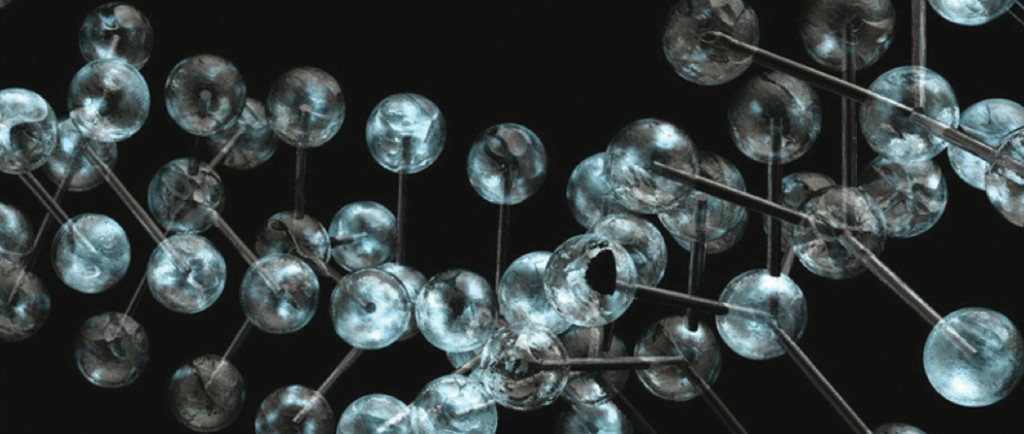Turning the Corner on Innovation
The water profession has long been known for its slowness to change, with many of our colleagues “justifying” this by extolling the virtue of being “conservative”, because we protect public health. I have always been confused by this connection between “conservatism”, “slow to change”, and public health. In contrast, consider the airline industry. As we know, while there is more inherent risk (because none of us passengers have wings), it is actually one of the safest modes of travel because of the focus on safety.
Most relevant to this discussion is the fact that the airline industry has continuously upgraded its processes and procedures and incorporated new technologies to improve its safety performance. This approach – constantly evaluating and adopting new technologies and approaches in a thoughtful manner – is, in my mind, the behavior of a profession that is truly focused on public safety.
As noted in the title of this blog, I am encouraged by the changing mindset that I see in the water profession. This might be driven by the fact that we recognise that we, truly, are not protecting the public health (or the environment) as we should, along with a recognition that the impact of climate change falls disproportionately on water. Moreover, we see clearly that we can do better, but have to change.
Rapid advances in science are providing increased understanding of what is possible (the discovery of anaerobic ammonia oxidation – anammox – is a prime example), and advances in areas such as material science and manufacturing are providing new means to convert this improved scientific understanding into useful technologies.
Mindsets are changing, leading to an increased appetite for higher performing approaches. The one water concept, where water supply (including drinking water), used water (not wastewater), and stormwater are viewed as an integrated whole, is both catching on and is enabled by new technologies (water use efficiency, non-potable and potable reuse); the revival of historic practices (such as rainwater harvesting); and integration of engineered and natural treatment systems. Recognition of the potential to recover resources from the water cycle is leading to Water and Resource Recovery Facilities, not just wastewater treatment plants.
The Cities of the Future paradigm is leading us to engage more broadly with the public, city planners, and community leaders to achieve water-sensitive urban areas, where water is an integral component of the urban landscape making broad and diverse contributions to the livability of urban areas beyond the simple provision of water service.
We are beginning to understand that the Human Right to Water and Sanitation is more than the simple physical provision of water service, but that our service has human and societal dimensions such as equity, transparency, and participation. These changing mindsets are causing us to act differently, and thereby achieve results that benefit society in increasingly important ways.
I have been a member of the water community for quite some time, and I am blessed with relationships with mentors that allow me a view of this profession that precedes my direct involvement. This allows me to conclude that the current pace of positive change and innovation greatly exceeds that of even the “glory days” of the construction grants programme in the U.S., and the Urban Wastewater Treatment Directive in the EU. These were simple extensions of the past, but not the true and needed reinvention beginning now. This is why I say that we are turning the corner.
Do we have much to do yet?
Absolutely! Not only must we keep going, we must accelerate the positive change already occurring. But, we are headed in the right direction. We are members of what can be a truly noble profession, as long as we continue to exhibit the courage to change, innovate, and strive to contribute to society in the broadest and deepest way. Let’s continue to preserve what is essential, but change what needs to be changed, as we truly reinvent our profession.
__________________________________
Glen will be speaking at multiple sessions during the IWA World Water Congress & Exhibition, Brisbane, Australia, 09 – 13 October 2016
The Emerging Technologies & Innovation Pavilion, part of the Exhibition, will showcase the leading edge ideas and technologies, and foster interaction with end-users, investors and scientists, all there to learn about the direction of tomorrow’s water world


